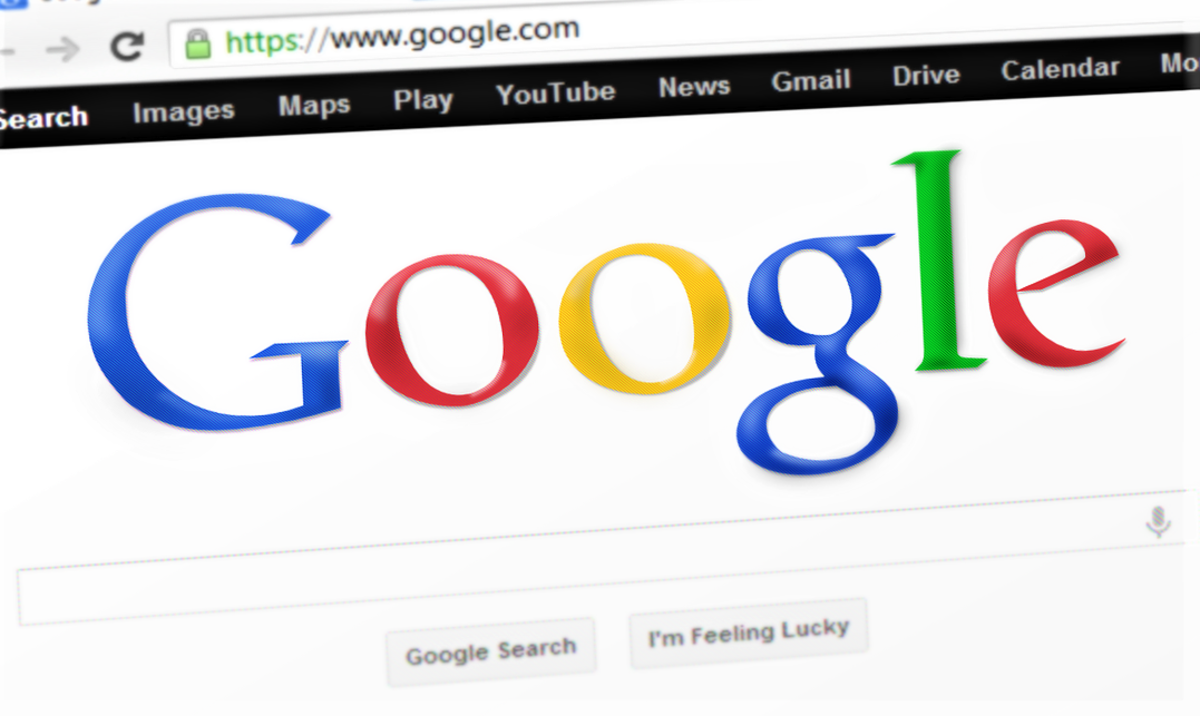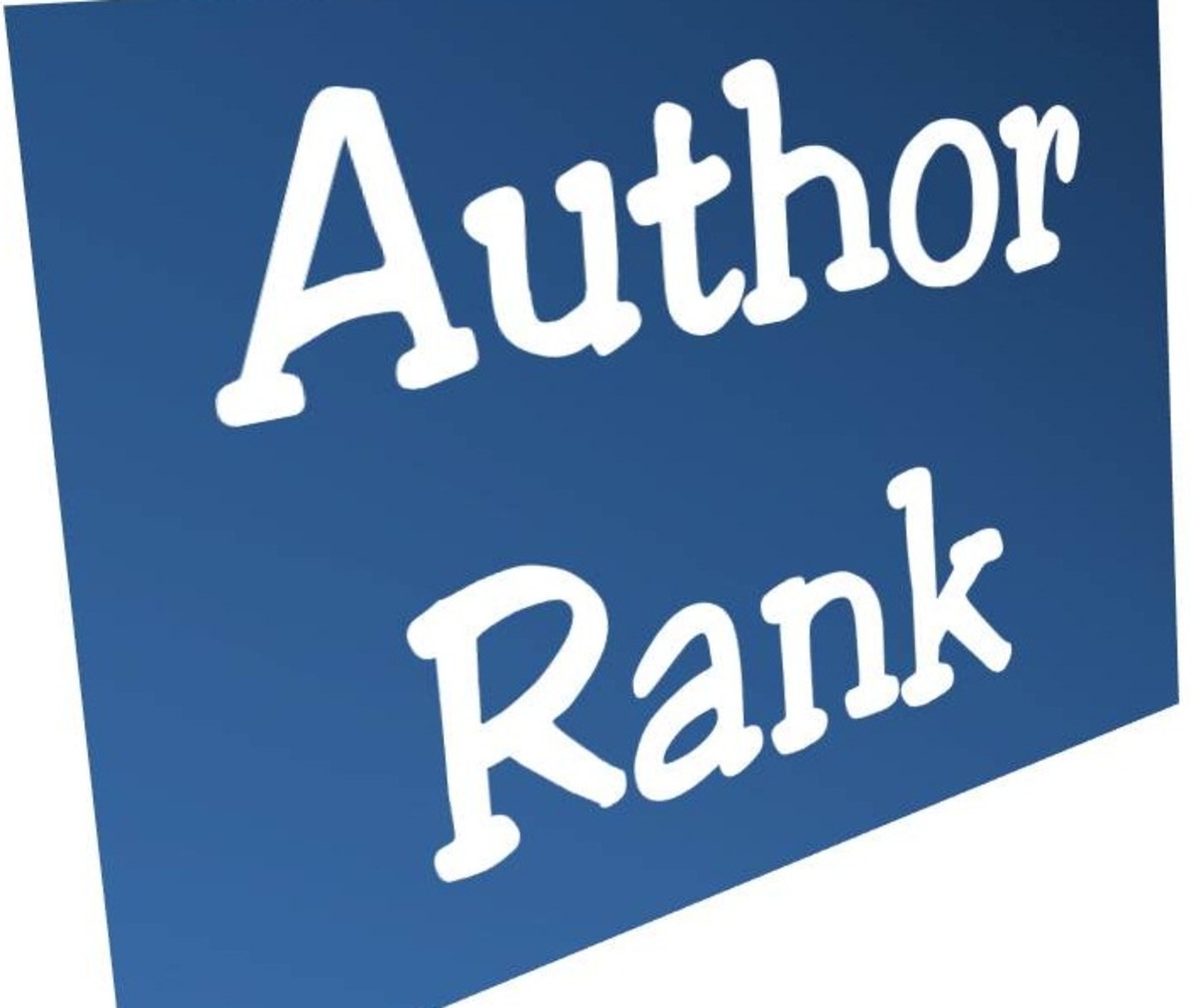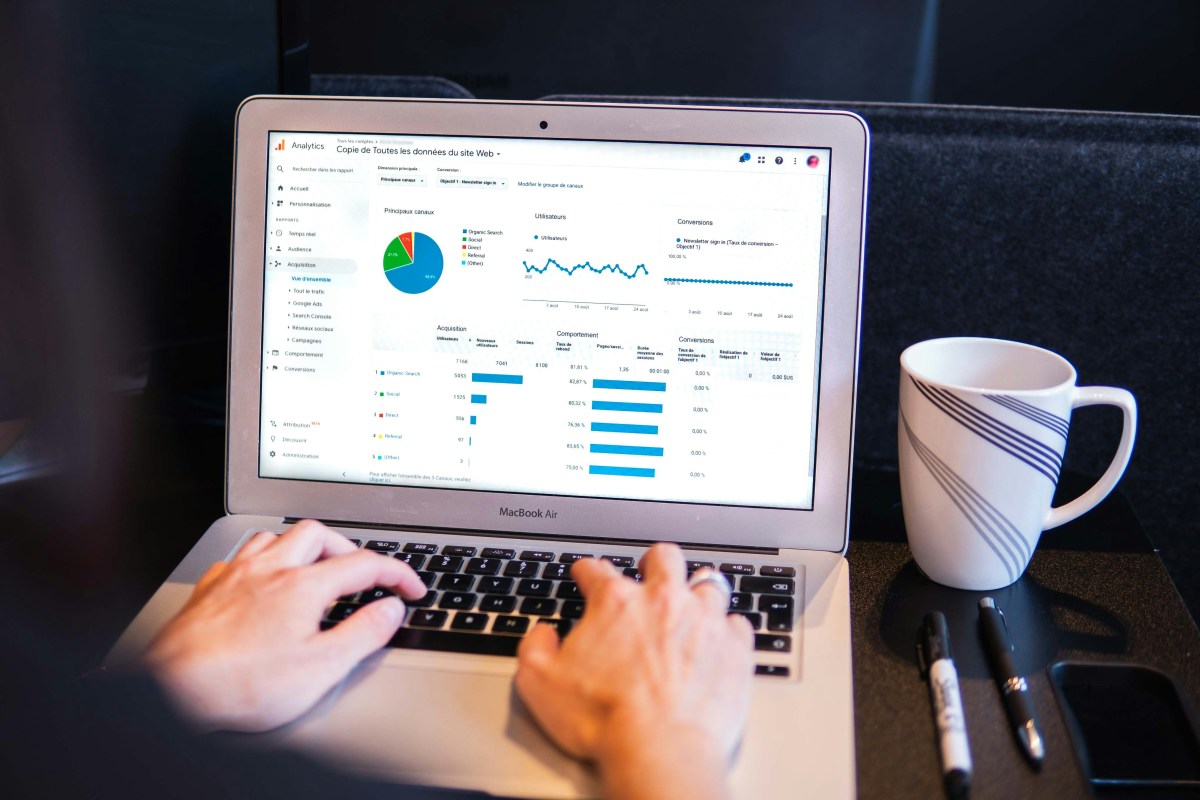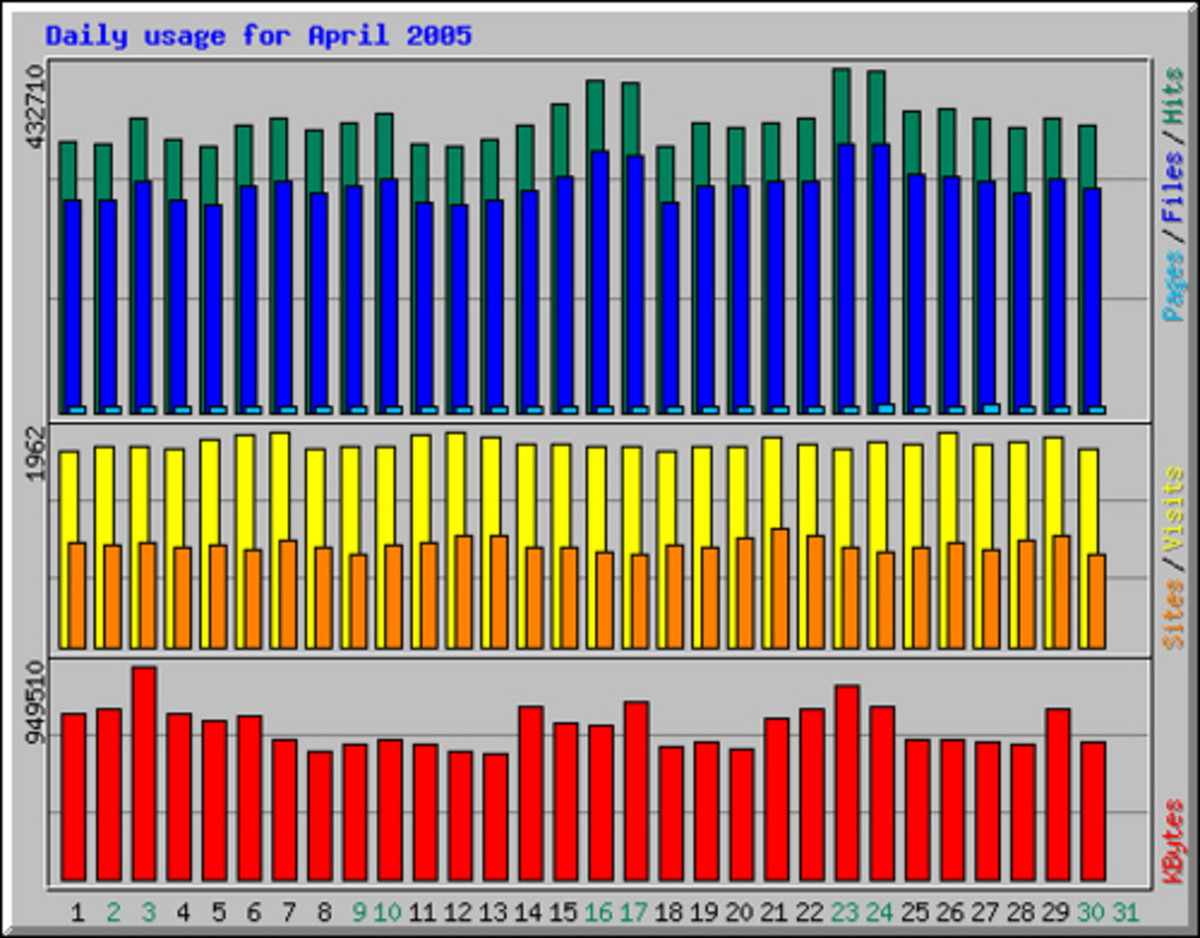Google Alerts Helps Save You Money And Improve Your Page Ranking
And it’s free. Google Alerts will do a scan as often as you want letting you know when people have stolen your work.
When there is more than one article with identical content it moves both stories further down the list for that category so you want to catch these crooks as soon as possible because it cuts into your income.
Placement is everything
There is so much competition on the Internet for writers and want to be writers trying to make a living we have to make sure we are high up in the search listings.
Having original content, well written articles and subjects people are looking for are the key to success.
If someone has stolen your work Google sees two stories that are the same. That makes your piece less original looking like copied content so your work moves down the list of placement.

How does Google Alerts work?
It’s a wonderful tool Google set up to help you find crooks stealing your hard work. There are people who are good at web design, have skills in the technical department but can’t write articles so they set up a site and copy the work of others.
Most of these guys are not from America. They are usually from a third world country and don’t speak English as a first language.
Google Alerts has you post the web address of each article so they can check for copies. Granted they won’t find everything but most of these people aren’t very bright and copy word for word. They’ve even been known to steal personal experience articles complete with pictures of the author’s kids. I’m pretty sure these people either don’t speak English or their grasp of the language is minimal.
What do you do when Google notifies you?
Google has a website specifically set up for filing a DMCA report. I’ll give the link below. This stands for The Digital Millennium Copyright Act. There are laws protecting writers, artists and photographers from plagiarism.
Filing a report is easy, just go to that site and fill out the form. It only takes a couple minutes and usually by the next day the story is removed and in some cases the entire website will be removed if the perpetrator has had more than one offense.
Usually all of the thief’s content is stolen because they aren’t writers. If they could write they wouldn’t be stealing our work they’d be creating their own. Most of the ones I’ve seen steal from a wide range of authors so they won’t take all of the same writer’s work.
You don’t have to have a Blogger website to file a complaint and I’m pretty sure you don’t have to have a Google Adsense account. If I’m wrong someone correct me in the comments box below. I have an Adsense account so I’m not sure about that. Most people making money online writing have an account so that won’t be an issue for most of you.
How does Google Alerts make you more money?
Like I said before, they notify you when someone has taken your work.
When your article is placed further down the search list you get less traffic, less traffic means money out of your pocket so the sooner you catch these thieves the sooner your story moves up in rank, your traffic climbs and your income increases. Google Alerts is helping you keep your money.
In some cases articles have been taken completely out of the search listing and the owner can’t figure out why. Not always, but sometimes it’s due to theft. The kicker is sometimes the thief is left in the rankings while your work is pulled. No, it’s not fair but Google doesn’t have the time to check to see who is the original poster. If the thief has made an impressive website with a lot of great (stolen) articles they may place higher.
You file a DMCA report letting Google know it’s your work and you want it back. When you file a complaint you give the link to your piece, as well as a sample of the article and the link to the stolen work. All Google has to do is check the two websites, look at the dates posted and it’s clear who the owner is.
Original content places highest in the rankings
This is based on popularity as well as quality of content but if your work is good, original and a sought after subject you should place high in the search listings. If that isn’t happening you need to check for theft.
People who complain in HubPage’s forums that suddenly their story has dropped incredibly low in traffic should first run a Google Alert. It could be that your work has been compromised. Of course there are always the occasional updates and changes that Google makes and none of us has any control over that but running a check is always a good idea if you haven’t already set that up.
Before moving any of your articles do a full scan
You want to make sure there aren’t copies of your work out there before pulling your story from a website.
Say for instance you have an article that isn’t doing well so you decide you’ll move it to another location.
What if it wasn’t doing well because there is a copy out there of your piece? If you pull it that may make the thief look like the original poster and you’ll have a harder time proving it’s your work since you took it down; there is no proof other than what you have on your hard drive. Hopefully, you always save a copy at home.
Even if you load it somewhere else it will show a later date than the thief's post.
Do a scan even if you aren’t writing for income
Some people might say, “Meh, I’m not in it for the money anyway so this doesn’t effect me.”
Yes it does! Why write so some jerk can make money from your hard earned work? They sure as heck aren’t going to give you credit; he wants people to think he’s the gifted artist.
Even if you aren’t writing for income you should still sign up for Google Alerts. It is really fast and easy. Once you set up one you usually want them all the same so all you have to do is copy and past the web address and hit the "Create a new alert" button; it’s that easy.
- Google Alerts - Monitor the Web for interesting new content
Google Alerts are email updates of the latest relevant Google results (web, news, etc.) based on your queries.











